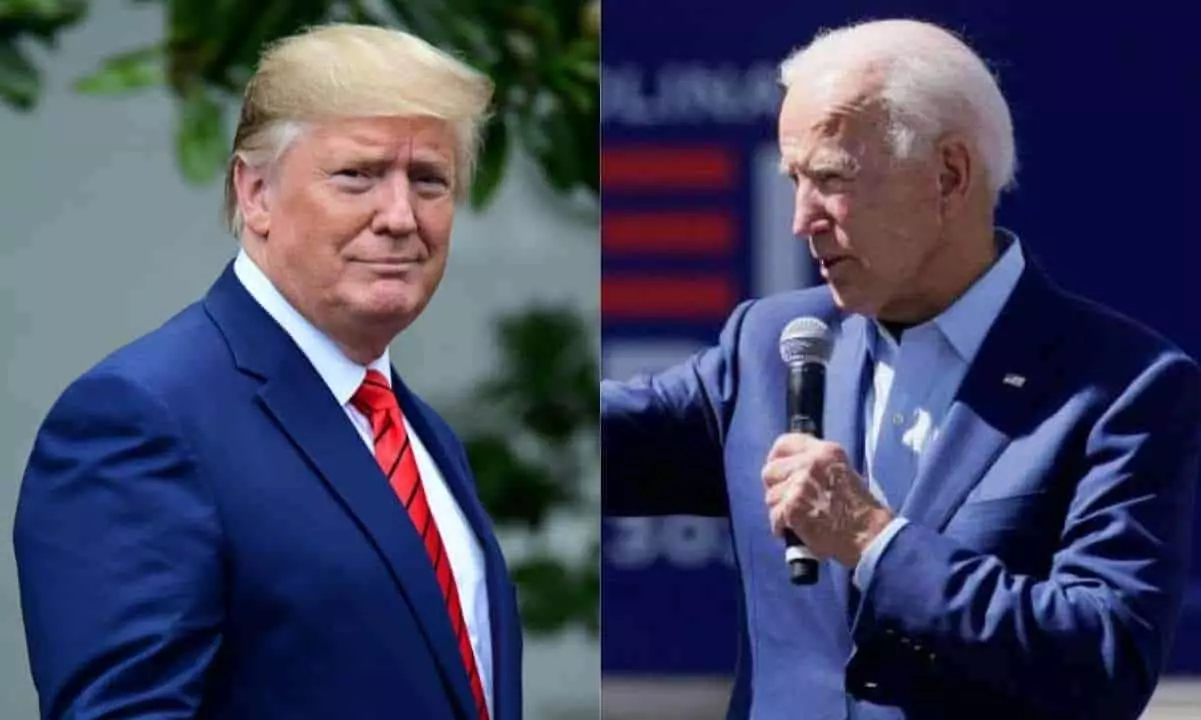As the U.S. presidential election approaches, cryptocurrency is starting to emerge as a significant topic of discussion among voters. A recent survey conducted by Digital Currency Group (DCG) revealed that approximately one in five voters considers crypto to be a major issue in the upcoming 2024 election. Moreover, 40% of voters expressed a desire for their candidates to address the subject of crypto more extensively, highlighting a growing interest in the asset class within the electorate.
Concerns Over Regulation
One of the key takeaways from the survey is the widespread belief among voters that crypto regulation is in need of a significant overhaul. Despite the fact that only 14% of respondents currently have exposure to cryptocurrency, a majority (69%) admitted to feeling inadequate knowledge about the asset class. This lack of understanding has led to a general distrust of elected officials’ ability to comprehend innovative technologies like crypto, with more than half of respondents expressing concern that policymakers may stifle innovation through excessive regulation.
Partisan Divide on Crypto
The issue of cryptocurrency has also sparked a partisan divide among policymakers, with Democrats advocating for stringent regulations to safeguard consumers, similar to those governing the traditional banking sector. On the other hand, Republicans are pushing for more tailored regulations with a lighter touch to prevent driving the crypto industry overseas. Former Republican president Donald Trump, who previously criticized Bitcoin, has recently voiced support for the crypto industry, signaling a shift in the party’s stance on digital assets.
Recent legislative actions reflect the ongoing debate surrounding cryptocurrency regulation. Republicans in Congress sought to overturn SAB 121, an accounting guideline supported by the Democrat-led White House that prohibits banks from offering crypto custody services. The move underscores the challenges faced by policymakers in reaching a consensus on how best to regulate the burgeoning crypto market.
Despite the regulatory uncertainty surrounding cryptocurrency, the DCG survey indicated that half of respondents would be more inclined to invest in crypto if it were offered by a reputable and regulated entity. This suggests that establishing clear regulatory frameworks could help instill confidence in investors and facilitate the widespread adoption of digital assets.
The intersection of cryptocurrency and politics is becoming increasingly pronounced, with voters and policymakers alike grappling with the implications of integrating digital assets into the traditional financial system. As the 2024 presidential election draws nearer, it is evident that crypto will continue to be a significant point of contention and discussion among key stakeholders in the political landscape.

